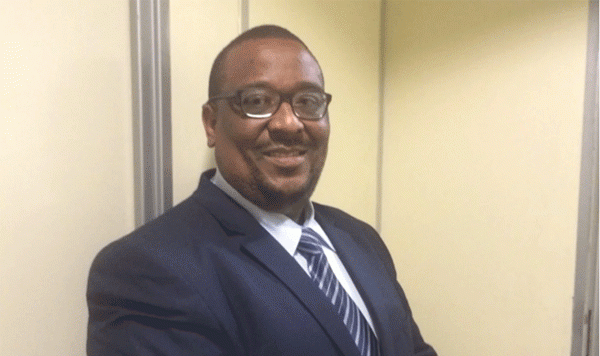
BY TATIRA ZWINOIRA
Zimbabwe must explore innovative ways of stimulating economic activity post Covid-19 as the country is not likely to access external funding due to money owed to international finance institutions (IFIs), experts have warned.
Finance minister Mthuli Ncube recently wrote to the International Monetary Fund, World Bank and the African Development Bank appealing for a bailout saying the Covid-19 pandemic would have a devastating impact on the local economy.
Ncube indicated that Zimbabwe needed up to US$2 billion to weather the storm as the pandemic that has paralysed the global economy wreaks havoc.
Respect Gwenzi, the Equity Axis MD, on Friday told a webinar organised by Alpha Media Holdings and the Zimbabwe Economic Society on the ‘Post Covid-19 business economic outlook’ that the country needed a stimulus package that was equivalent to 10% of the gross domestic product (GDP).
“I have been following the global developments around the kind of packages that have been put on the table and if you look at US$10 trillion as a global figure, it’s almost about 10% of the global GDP,” Gwenzi said.
“If you assume that Zimbabwe’s GDP is about US$20 billion as at 2019 that also means we require almost 10% of that.
“But, of course, there is no rule of thumb in terms of the actual money that might be needed.”
- Chamisa under fire over US$120K donation
- Mavhunga puts DeMbare into Chibuku quarterfinals
- Pension funds bet on Cabora Bassa oilfields
- Councils defy govt fire tender directive
Keep Reading
Gwenzi said Zimbabwean companies were already struggling before the advent of Covid-19 and this meant that the country needed a bigger stimulus package to resuscitate the economy.
“I think our needs might be actually ahead of the 10% of GDP,” he said.
“So we really need monies that are upwards of between US$2 billion to US$5 billion to actually avert this crisis, which we are facing”.
Gwenzi said Zimbabwe “could play around with a bit of the instruments” available locally as securing a bailout from IFIs could be impossible.
Misheck Mugwaro, a corporate finance consultant, said Zimbabwe could turn to the informal sector to re-engineer its economy.
“Our economy is such that, a significant portion of it is unrecorded. If you just think for a moment that if estimates are that 65% of our economy is informal, what does that mean for our tax base to the revenue for the government?
“I believe it is time for us to really relook and this is time to painlessly formalise the informal sector because I believe if we do so, you will see that our numbers will diametrically change,” Mugwaro said.
Wadzanayi Phiri, a risk expert, concurred, saying Zimbabwe had the resources to rebuild its economy.
“Yes, we could get support from other people but I am saying at the end of the day let’s look at what we have that can take us out of this miss,” Phiri said.
“We have a rich economy in terms of resources, let’s look at the focus that can take us forward.”
President Emmerson Mnangagwa on Friday unveiled an $18 billion stimulus package for distressed companies in light of the devastation caused by the coronavirus outbreak.










